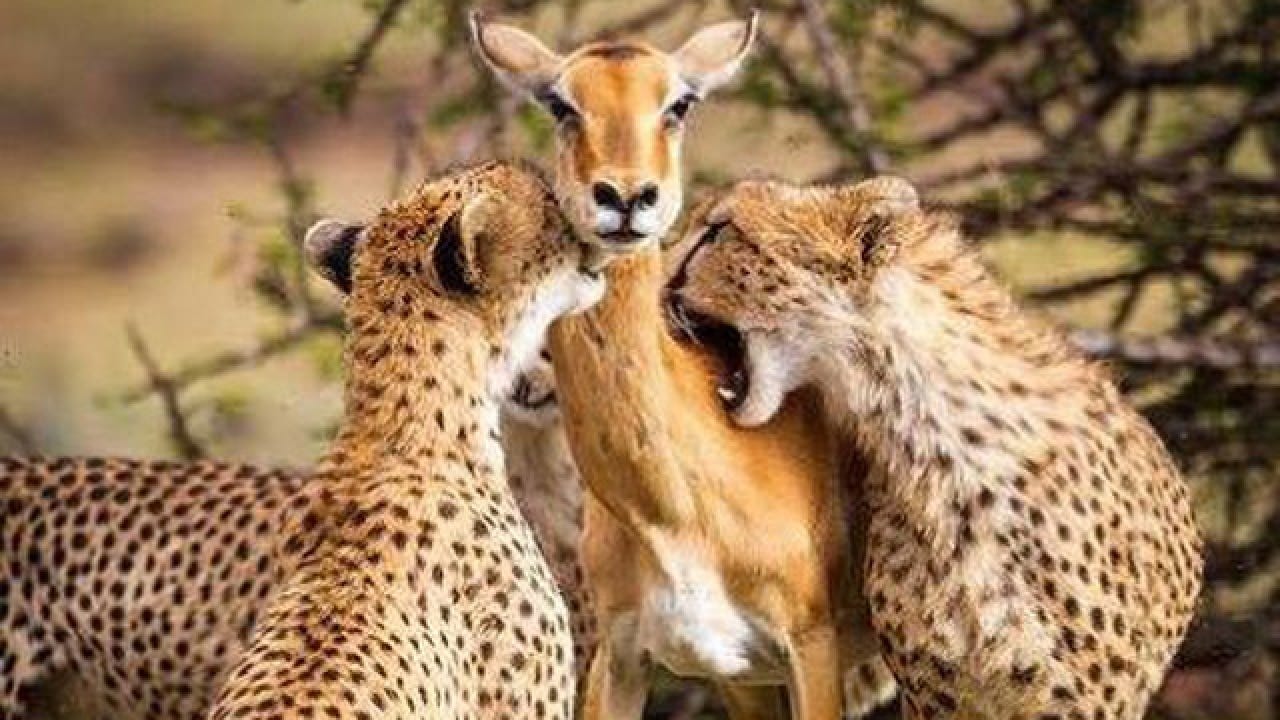This is the full text of a post from "The Obsolete Newsletter," a Substack that I write about the intersection of capitalism, geopolitics, and artificial intelligence. I’m a freelance journalist and the author of a forthcoming book called Obsolete: Power, Profit, and the Race to build Machine Superintelligence. Consider subscribing to stay up to date with my work.
Wow. The Wall Street Journal just reported that, "a consortium of investors led by Elon Musk is offering $97.4 billion to buy the nonprofit that controls OpenAI."
Technically, they can't actually do that, so I'm going to assume that Musk is trying to buy all of the nonprofit's assets, which include governing control over OpenAI's for-profit, as well as all the profits above the company's profit caps.
OpenAI CEO Sam Altman already tweeted, "no thank you but we will buy twitter for $9.74 billion if you want." (Musk, for his part, replied with just the word: "Swindler.")
Even if Altman were willing, it's not clear if this bid could even go through. It can probably best be understood as an attempt to throw a wrench in OpenAI's ongoing plan to restructure fully into a for-profit company. To complete the transition, OpenAI needs to compensate its nonprofit for the fair market value of what it is giving up.
In October, The Information reported that OpenAI was planning to give the nonprofit at least 25 percent of the new company, at the time, worth $37.5 billion. But in late January, the Financial Times reported that the nonprofit might only receive around $30 billion, "but a final price is yet to be determined." That's still a lot of money, but many experts I've spoken with think it drastically undervalues what the nonprofit is giving up.
Musk has sued to block OpenAI's conversion, arguing that he would be irreparably harmed if it went through.
But while Musk's suit seems unlikely to succeed, his latest gambit might significantly drive up the price OpenAI has to pay.
(My guess is that Altman will still ma



I think the use of the word "still" makes this a much easier "no" than it might otherwise have been. SpaceX and Tesla have been hugely significant companies, he's played more role in them than he is sometimes credited with and it's not at all obvious that other companies would have done similar things on similar timelines in his absence, but if he were to divest all his shares in both companies and start slagging them off tomorrow, electric car sales and tech development would be fine (EV sales might even rise...) and the number of space launches would continue to rise. Even if both companies went down with him, the viability of electric cars and commercial space launch businesses is demonstrated now.[1] I also don't think that Twitter would be rainbows and sunshine in his absence or that Trump wouldn't have won without his endorsement, but the empowering of engineers is a past accomplishment, and the empowerment of terrible people[2] Musk's current focus.
So that leaves what he might do differently in future. For people optimistic his flirtation with Trump was a strategy to give him the ability to do amazing things that only being trusted with lots of government budget could achieve, the initial indications aren't positive. There are no big space or cleantech or AI pledges: instead his "Manhattan Project" DOGE looks like a fundamentally unserious boondoggle generating memes about government waste (even if you think cutting government waste is the most important challenge of our time and Elon is an excellent choice to do it, it seems non-obvious that it will have much teeth or that it would operate significantly less effectively with Vivek Ramaswamy in sole charge. If you thought Elon in charge of NASA might lead to amazing advances... well he's busy with other things). And he certainly doesn't seem to be a moderating force around Trump, at least not outside very specific areas he cares about like H1-B visas and Chinese parts of the Tesla supply chain.
He has, of course, sounded sincerely interested in the topic of AI safety before and has legitimate criticisms of OpenAI, but his main contribution to the field of AI other than storming out of that company in a dispute over who would run it is to take more risks than others around autonomous vehicle control tech and build an LLM chatbot whose distinguishing feature is that it's trained to be rude rather than polite. And it's difficult to argue that a man who was talking about the need to become an interplanetary species not that long ago and is now getting bigger dopamine hits out of the responses to tweets about how the US should overthrow the UK government is heading in the direction of thoughtfulness and caution.
though losing SpaceX would significantly delay future launches...
if my politics were broadly aligned with the nativist, populist right here in the UK, I'd probably be even more disappointed with his selection of figures to promote and fights to pick.
Ok, thanks. I leave it like this, then. Then everyone will have answered to the same question :-)